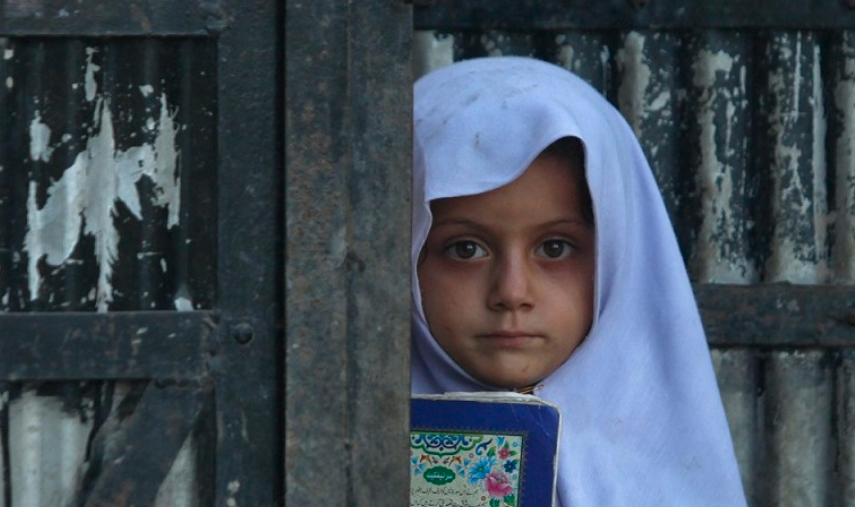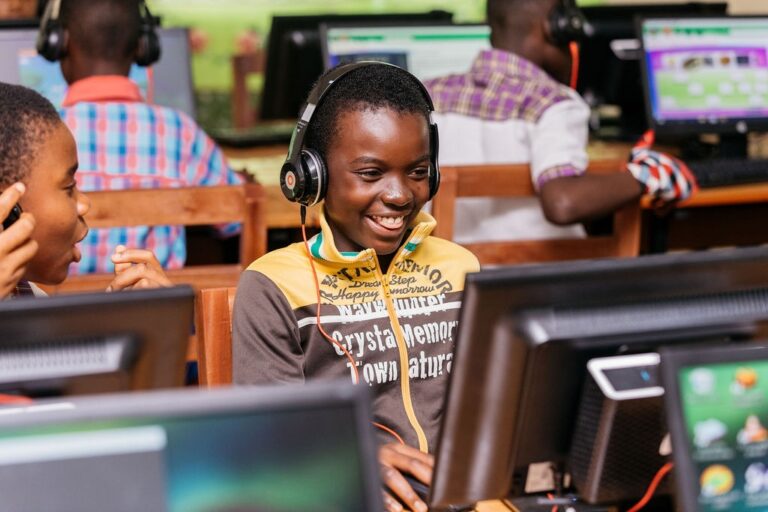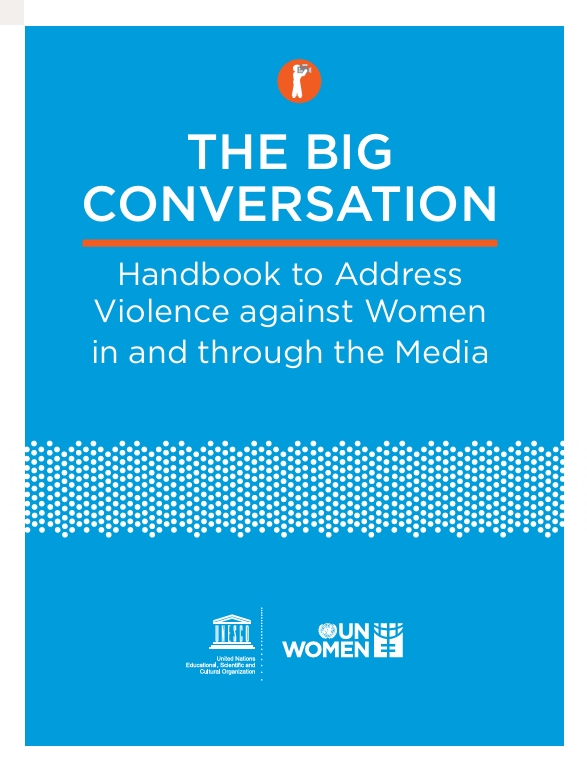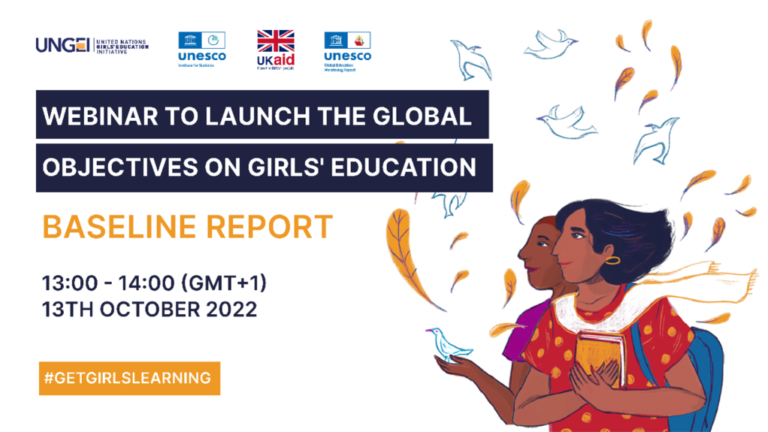With the emergence of militants in the 1990s, the social, cultural, and economic structures of the Federally Administered Tribal Areas (FATA) in Pakistan were badly damaged, most significantly affecting women’s lives. Access to basic services like health and education was reduced, with mobility so minimized that women were not permitted to see a doctor, attend school, or have social interactions. Worse, the militants physically abused residents in FATA. With minimal law and order, the instability and isolation directly affected the overall economic and social status of this region where more than 60 percent of the population lives below the national poverty line.
Data from the Pakistan Education Statistics 2016-17 report shows that the overall reality of education remains bleak, with 22.6 million children out of school—more than half of whom are girls. Indeed, Pakistan holds the second highest gender gap in the world, according to the 2017 Global Gender Gap report. In FATA alone, more than half of the eligible grade 1-12 girls have…
CONTINUE READING AT AUTHORS WEBSITE >>






